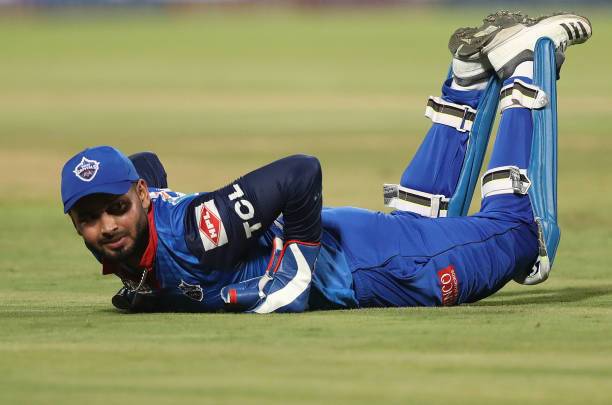The Emergence of All-Rounders in IPL Teams
Crickbet99, RadheexchangeThe rise of all-rounders in IPL teams can be attributed to various key factors. One significant aspect is the demand for players who can contribute in multiple aspects of the game, such as batting, bowling, and fielding. In the fast-paced and competitive environment of the IPL, teams are constantly seeking players who can provide balance and flexibility to their line-ups, making all-rounders a valuable commodity in the tournament.
Additionally, the evolution of T20 cricket has played a pivotal role in promoting the importance of all-rounders in teams. With the format placing a premium on power-hitting, quick scoring, and variety in bowling, players who can excel in multiple roles have become essential assets for any successful team in the modern era. The ability of all-rounders to turn the game with both bat and ball has made them indispensable in the dynamic and unpredictable nature of T20 cricket, leading to their increased prominence in IPL squads.
• The demand for players who can contribute in multiple aspects of the game
• The evolution of T20 cricket promoting the importance of all-rounders
• All-rounders provide balance and flexibility to team line-ups
• All-rounders can turn the game with both bat and ball, making them indispensable in T20 cricket.
The Evolution of T20 Cricket and its Impact on Player Roles
One of the most significant shifts in cricket in recent times has been the advent and rise of T20 cricket. This format has revolutionized the sport, pushing players to adapt and evolve their skills to meet the demands of fast-paced, high-intensity matches. As a result, traditional player roles have been redefined, with the emphasis now on versatility and adaptability.
In the T20 format, players are now expected to excel in multiple aspects of the game, whether it be batting, bowling, or fielding. This has led to the emergence of all-rounders who can contribute effectively in all three departments. The evolution of T20 cricket has blurred the lines between specialist roles, requiring players to be well-rounded and flexible in their approach to the game.
The Importance of Versatility in Modern-Day Cricket
In modern-day cricket, the demand for versatile players has seen a significant increase. Teams are looking for individuals who can excel in multiple facets of the game, whether it be batting, bowling, or fielding. Having players with diverse skills adds depth to a team’s lineup and provides options for different match scenarios.
The ability to adapt and perform in various roles is crucial in the ever-evolving landscape of cricket. Versatile players not only bring balance to the team but also offer flexibility in team selection and tactics. With the fast-paced nature of the game, having players who can contribute in different areas enhances a team’s chances of success in different conditions and formats of the game.
What are some key factors contributing to the rise of all-rounders in IPL teams?
The rise of T20 cricket and the increasing demand for versatile players who can contribute with both bat and ball have played a significant role in the rise of all-rounders in IPL teams.
How has T20 cricket evolved over the years and impacted player roles?
T20 cricket has become more fast-paced and high-scoring, leading to an increased emphasis on players who can adapt to different situations and contribute in multiple facets of the game. This has resulted in a greater importance placed on versatility in modern-day cricket.
Why is versatility important in modern-day cricket?
Versatility allows teams to have more flexibility in their playing XI, as players who can perform multiple roles can adapt to different game situations and provide valuable contributions in various aspects of the game. This versatility is crucial in modern-day cricket, especially in formats like T20 where the game can change rapidly.







